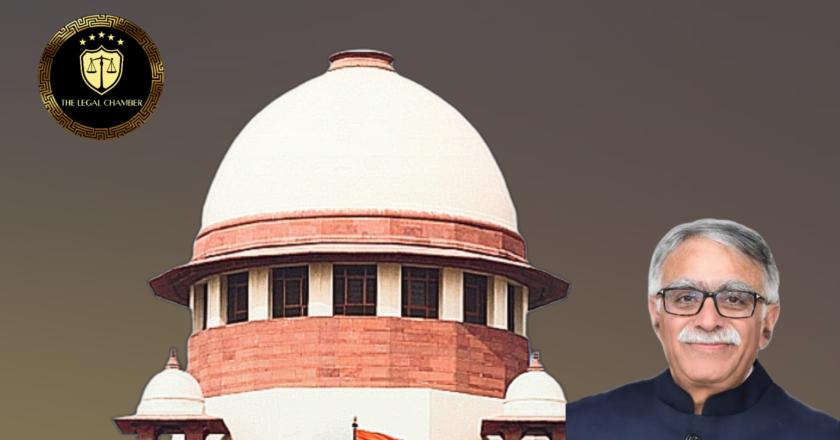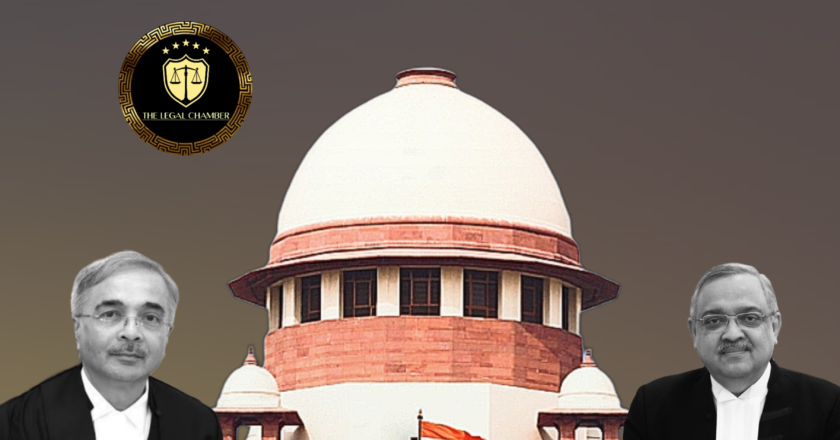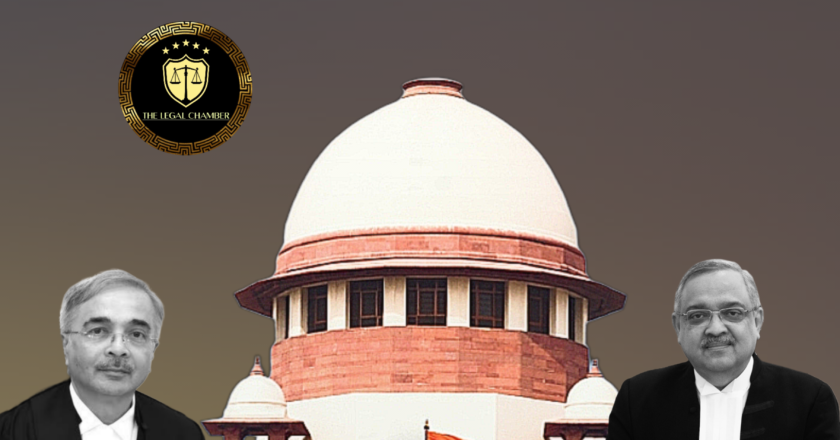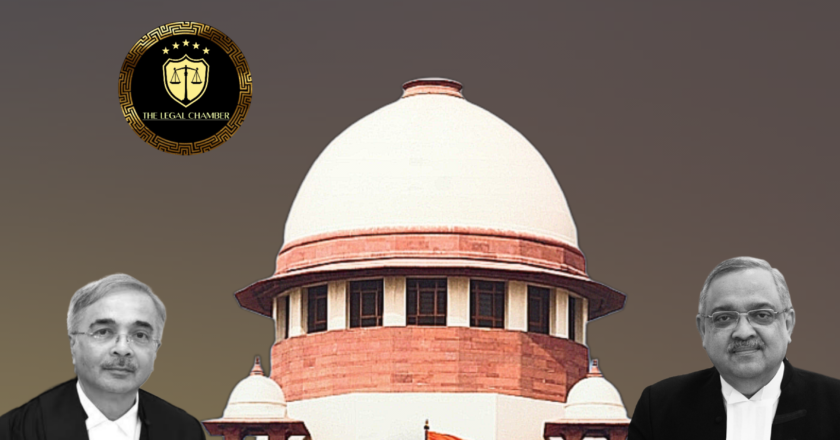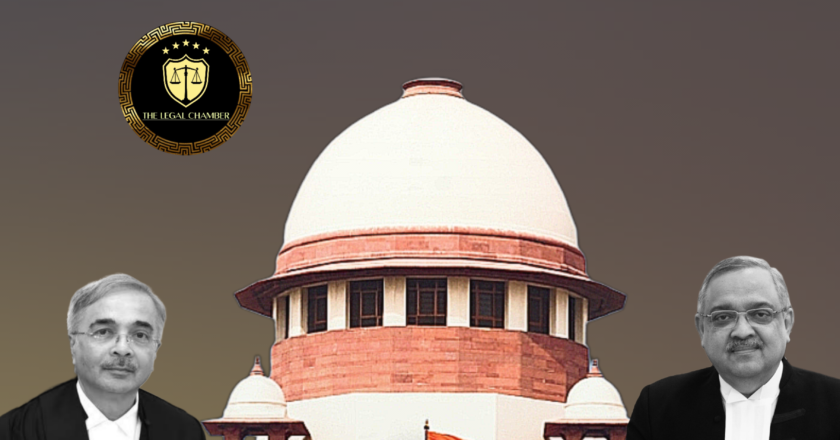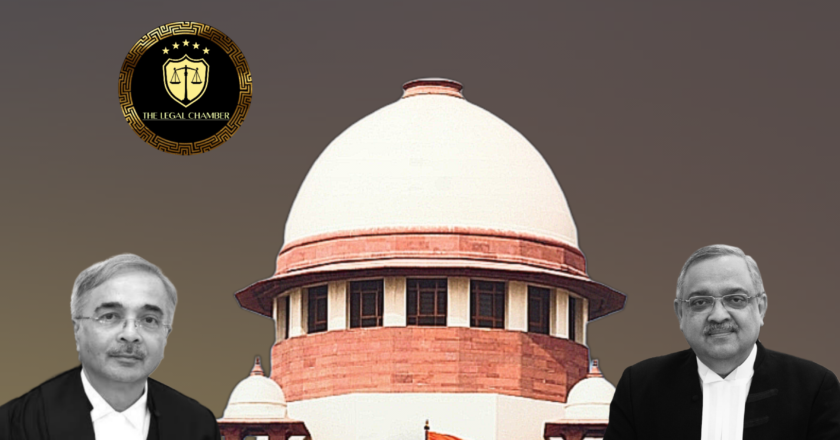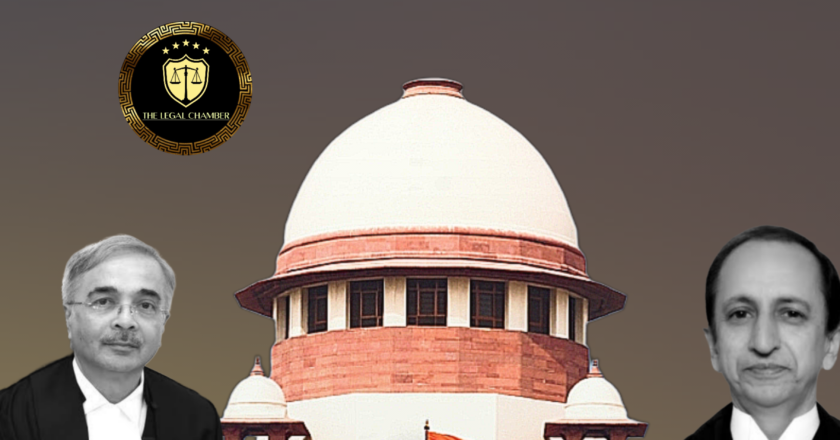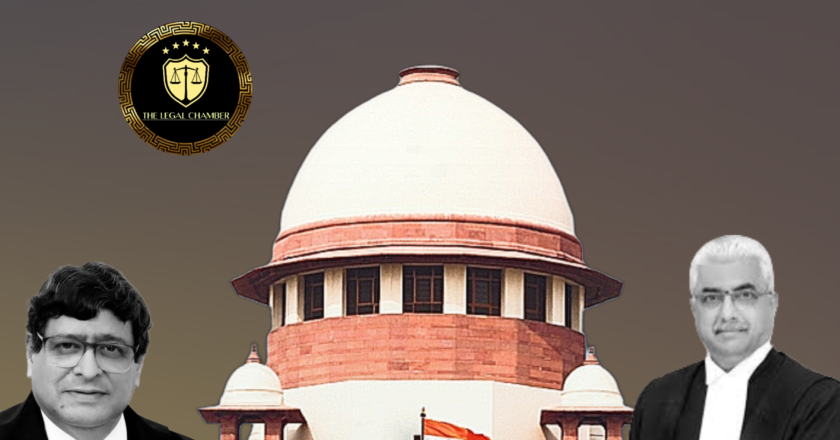Supreme Court Ends Confusion, Sets Uniform Rule for Accident Payouts
The Supreme Court held that the application of a "split multiplier" in motor accident compensation cases is impermissible. Relying on the structured formula from Sarla Verma and Pranay Sethi, the Court ruled that compensation must be calculated using a single multiplier based solely on the victim's age, as superannuation does not constitute an exceptional circumstance justifying a deviation from this settled method.
Facts Of The Case:
On 3rd August 2012, T.I. Krishnan, aged 51, died in a road accident on the Pala-Thodupuzha Road when his car was hit by a rashly driven bus. His surviving family—his wife and children—filed a claim petition before the Motor Accidents Claims Tribunal (MACT), Pala, seeking compensation. The Tribunal, in April 2014, awarded approximately ₹44 lakhs, determining...
